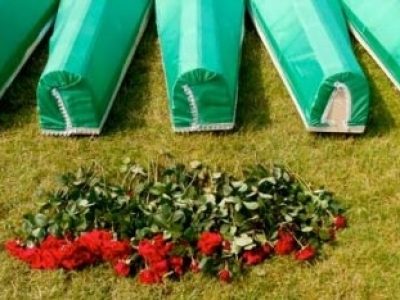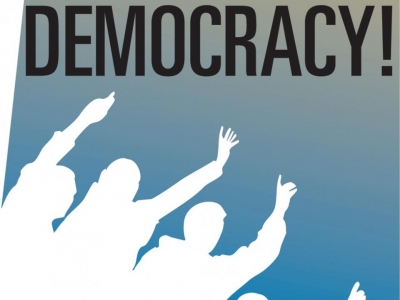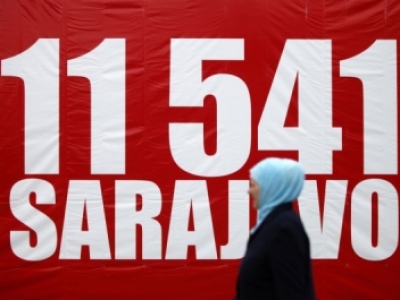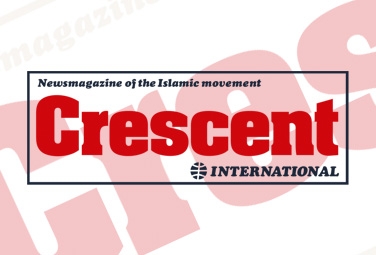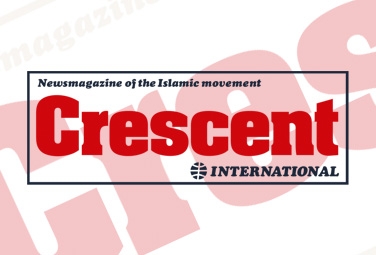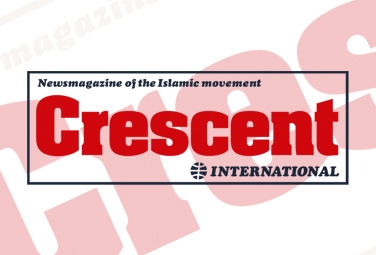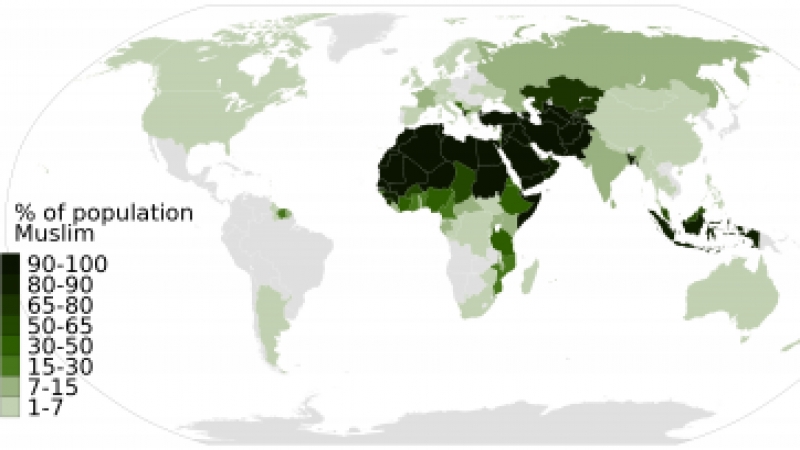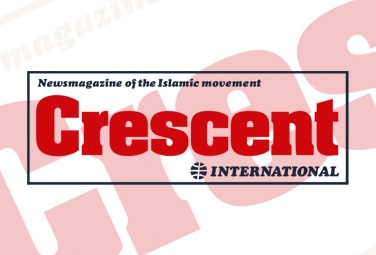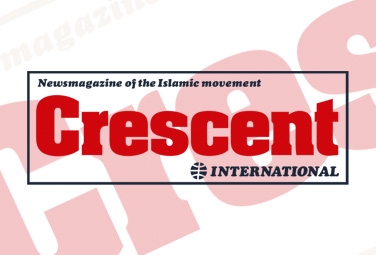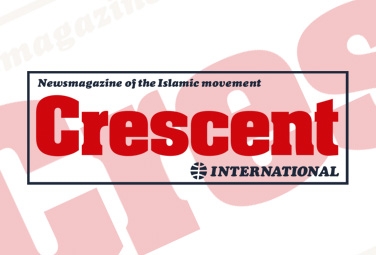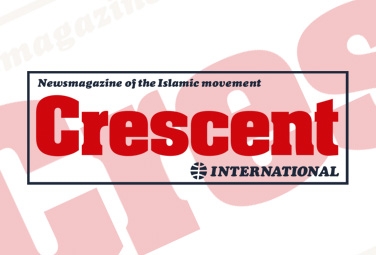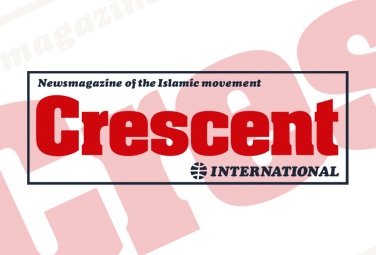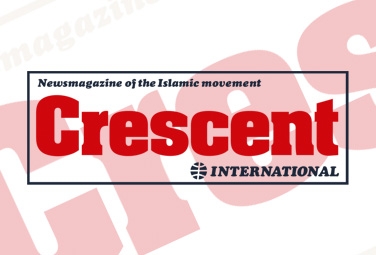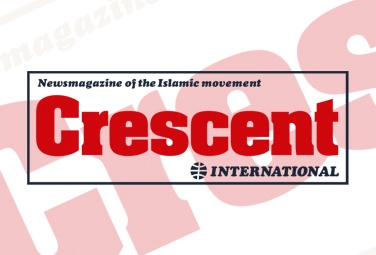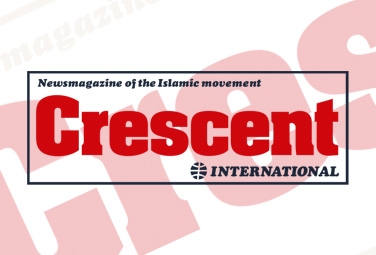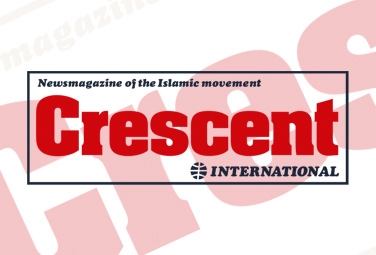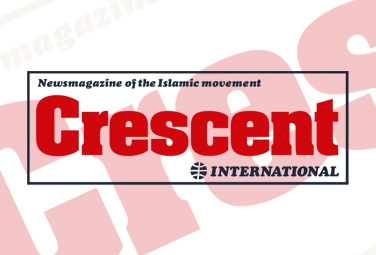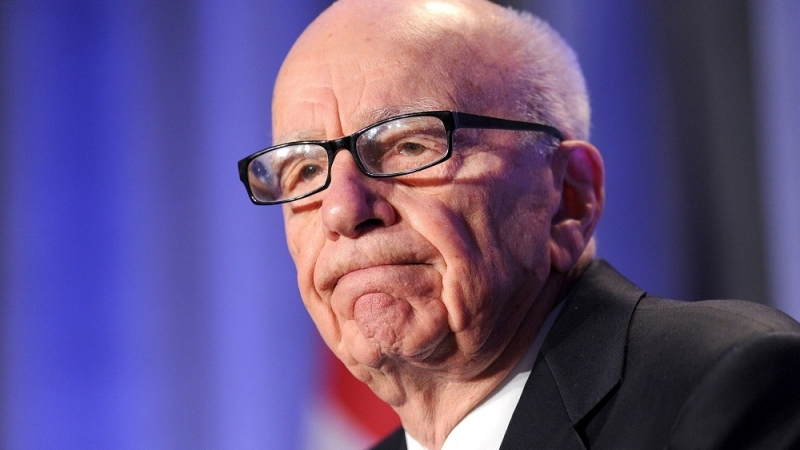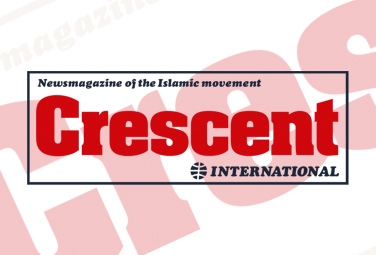



In last month’s column, I reflected on the 20th anniversary of the start of the Bosnia War, which began in March 1992.
Democracy is a much used and abused term. It is essentially a tool in the hands of the rich and powerful to legitimize their ill-gotten gains.
This writer knows from many encounters with fervent Muslims belonging to different shades and colors of the global Islamic movement that there are those who fault the Islamic Republic of Iran on matters that extend from its form of government (where is the khalifah?) all the way to “Iran is our primary enemy, Israel follows” and everything in-betweeen.
Early last month, Bosnians marked the 20th anniversary of the beginning of the genocidal war waged against them by the Serbs and Croats of former Yugoslavia, a war whose objective was the extermination of the largest indigenous Muslim community remaining in Europe.
The key objectives of the Islamic movement is the reassertion of Islamic values in Muslim societies, and the establishment of Islamic states in place of the corrupt, self-serving regimes that currently predominate in the Muslim world.
Let us begin by emphasizing that the best known Islamic Party in the Muslim world, al-Ikhwan al-Muslimeen (the Muslim Brotherhood), is not an agent of any foreign or imperialist power or government.
With notable exceptions, dictators rule much of the Muslim world. They carry many fancy titles: kings, amirs, presidents, prime ministers and, of course generals and colonels. What is common between them is that they are all subservient to the West even while they terrorize their own people.
For many Muslims and Islamic activists around the world, in so many different places and fields of work, the unity of the Ummah is a basic premise of everything we do. At the same time, differences of understanding, approach and methodology are inevitable in a global Ummah of more than 1.5 billion people.
The world is babbling with news about Iran being on the threshold of going nuclear, in a military sense. Israeli words are coming out of American mouths. US Secretary of Defense Leon Panetta told CBS news that Iran could build a nuclear bomb in a year or less (music to Israeli ears).
We must define the term “independence” accurately to fully grasp the Muslim world’s current situation. Possessing territory, having a government, army, etc, do not necessarily mean independence.
Barack Obama’s announcement on October 21 that US troops would be withdrawn from Iraq by the end of the year might have been regarded as a masterpiece of political spin, except that very few people were fooled.
It is that time of the year again. Muslims from far and near prepare themselves for the lifelong journey to Ibrahim’s (a) final destination, to the emigre home of Hajar, to the life-threatened birth of Isma‘il (a), to the expatriate city of Muhammad (pbuh) and to the cradle of Islam — to Makkah al-Mukarramah.
With prospects of assuming power looking brighter in the aftermath of the Islamic Awakening sweeping the region, Islamic activists are engaged in a debate about the future political order in the Muslim East. There is near consensus that Islamic parties enjoy broad support, are well organized and will do well whenever elections are held.
Early month, as much of the western world was either wallowing in sentimental commemorations of the 10th anniversary of the attacks on the World Trade Center and the Pentagon in September 2001, or reflecting on the far greater atrocities perpetrated by the US in its aggressive exploitation of 9/11 in pursuit of their imperialist interests worldwide, warnings of an emerging tragedy of potentially even greater proportions were largely ignored.
ReflectionsThe day Burhanuddin Rabbani was to leave Tehran on September 19 after attending the First International Islamic Awakening Conference (September 17–18), I had briefly chatted with him about prospects for peace in Afghanistan.
The riots in London and other British cities that briefly captured world headlines last month were not unexpected. Ever since the economic downturn began to bite, and particularly since the election last year of a right-wing government dogmatically committed to cutting the benefits of the poorest and the taxes of the wealthiest, social commentators have been warning of the possible reactions to such measures.
There are thousands of ways to look at 9/11. Much has already been said about 9/11 and much more will be said in the years to come. Here is what we think about this milestone in the politics of the 21st imperialist century.
It would be reasonable to assume that most normal people would overcome their anger after a decade. Not so the Americans, and now the Europeans as well. Since the attacks of 9/11, the world has been turned upside down.
The real oligarchic nature of democratic polities and societies, and the fact that “freedom” is actually a cover for the untrammelled exercise of power by the strong in society, are subjects that I have written about before in this column and elsewhere.
There is heated debate in Washington about what to do with the runaway debt crisis. And this time it is real. Both halves of the American body politic — the Republicans and the Democrats — have finally been stung by the uncontrollable debt that is officially acknowledged to be around $14.4 trillion.
